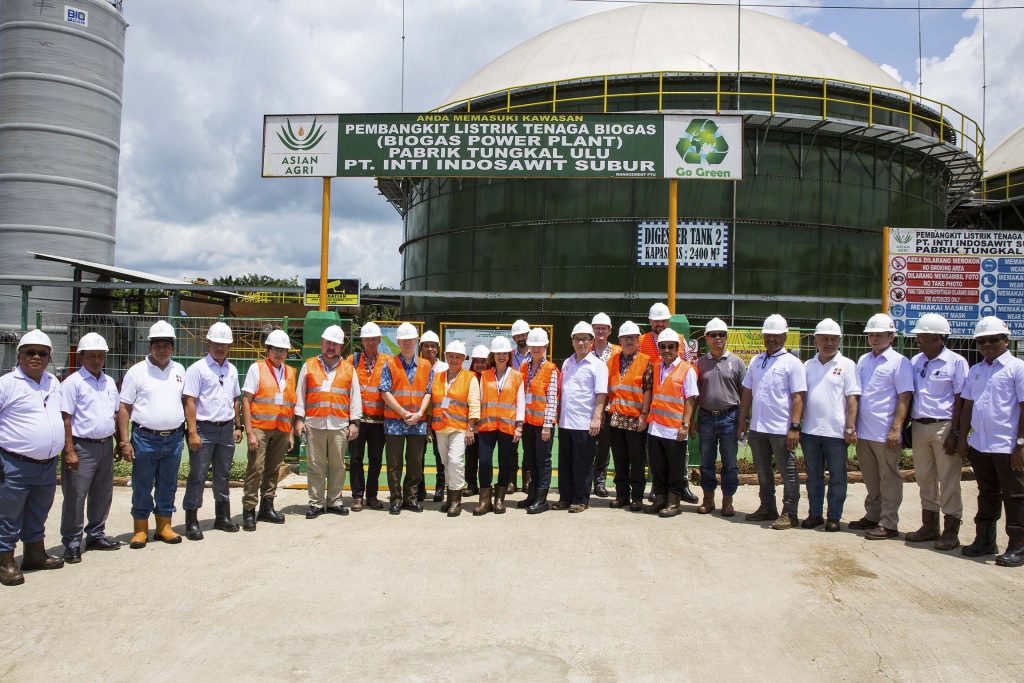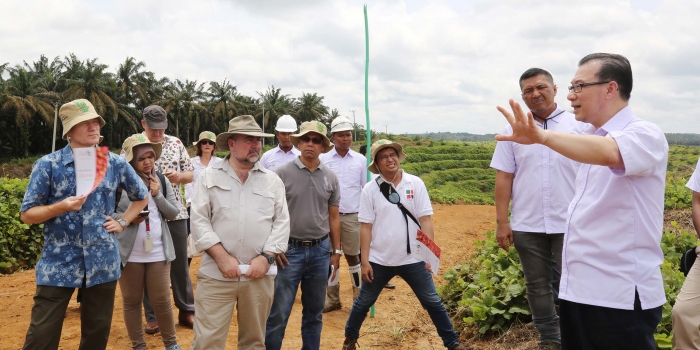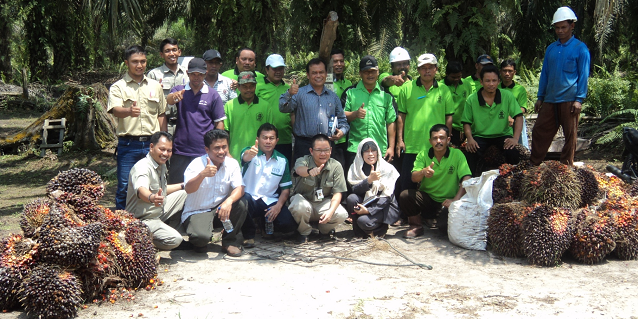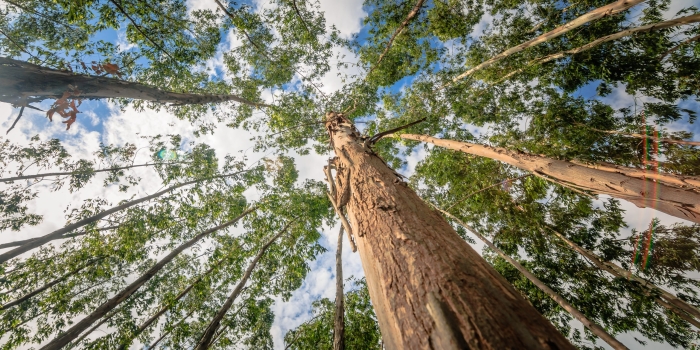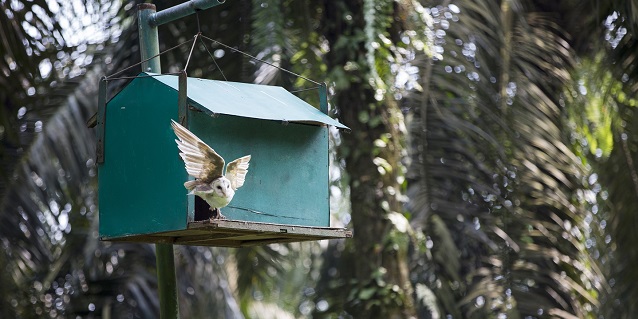On 16 April, Asian Agri welcomed ambassadors and representatives from the European Union (EU) to its Tungkal Ulu Estate in Jambi, Indonesia. Through a combination of onsite visits and briefings, the company shared how it sustainably manages its oil palm plantations, how it helps to transform the palm oil supply chain to become more traceable, and how it continues to engage its smallholders to adopt best practices.
The visit was part of the Executive Oil Palm Program initiated by Indonesia’s Ministry of Foreign Affairs together with the Indonesian Oil Palm Estate Fund (BPDPKS), the Jambi Government and Jambi University. The programme was designed to give EU diplomats on-the-ground perspectives of the realities, challenges and milestones of Indonesia’s palm oil industry. Earlier this year, the EU Parliament voted to ban the use of palm oil for use in biofuels by 2021 due to concerns that the industry engages in deforestation and other unsustainable practices.
Asian Agri’s Managing Director Kelvin Tio hosted the visitors at the Tungkal Ulu plantation estate, CPO mill and biogas plant. The group learned how the company adopts best practices in sustainable plantation management such as conducting soil mapping and surveys, drainability studies and GHG emission monitoring.
Kelvin discussed the company’s Integrated Pest Management approach which aims to reduce the use of chemical substances such as pesticides in its plantations. The company uses owls as well as insects to act as natural predators against rats and caterpillars that eat the oil palm fruit.
Asian Agri demonstrated its readiness for the replanting process such as using excavators to chip the old oil palm trees (rather than burning them to clear the land), as well as building terraces and road access to expedite the process.
Participants heard about Topaz seeds – Asian Agri’s oil palm seeds specifically developed to produce higher yields, thrive in marginal soils, and have slower vertical growth making fruits easier to harvest.
The trip to the plantation was followed by a visit to the biogas plant where palm oil mill effluents are converted into clean energy which is then fed back into the mill and the community. The biogas plants are part of Asian Agri’s commitment to reduce greenhouse gases. The plant in Tungkul Ulu estate is the company’s seventh of twenty biogas plants it plans to operate by 2020.
Over lunch, the diplomats met plasma and independent smallholder representatives who shared how their partnership with Asian Agri resulted in improved productivity and traceability. Several smallholders discussed how the company helped them in their journey to obtain sustainability certification such as Roundtable on Sustainable Palm Oil (RSPO) and the Indonesian Sustainable Palm Oil (ISPO).
RSPO lauded the initiative saying, “Great opportunity for EU delegates to experience the impacts of sustainable palm oil production on the ground, and gain greater understanding of how increasing demand for palm oil can be met without expanding into valuable forest.”
Diplomats shared posted photos of the visit on their social media account such as this tweet from the account of the Embassy of Netherlands in Indonesia:
H.E. Vincent Guerend, the Head of Delegation, EU Ambassador to Indonesia and Brunei also remarked, “It was not the first time I visited an oil palm plantation, but I was never this impressed as I am seeing how optimised Asian Agri’s processes are.”
“We want to continue to buy palm oil as we consider it as a good product. But we have to make sure that it is managed in a sustainable way. I believe Asian Agri is aiming at intensifying and targeting higher yields per hectare without expanding its cultivated land at the expense of the forest,” he added.
Asian Agri’s 1:1 Partnership Commitment which was earlier explained by Kelvin, aims to match each hectare of AA owned land with one hectare of land owned by smallholders. By the end of 2018, the company would have partnered with smallholders for 100,000 ha of land consisting of 60,000 ha from plasma smallholders and 40,000 ha from independent smallholders.
